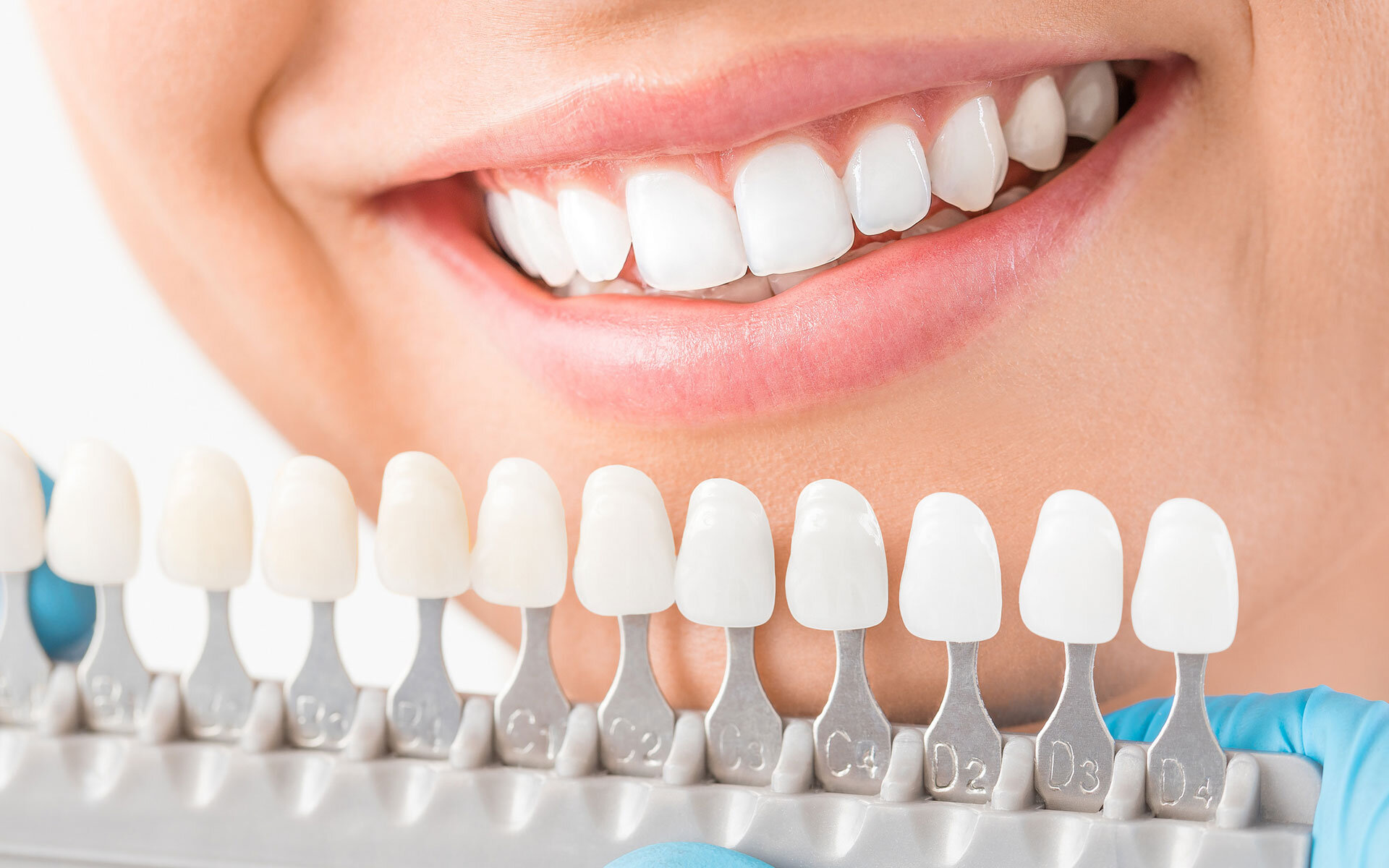
Did you just receive new dental implants?
Dental implants are a great way to improve your smile and function. It's no wonder that over 3 million people in the US have dental implants, and 500,000 new dental implants are placed each year.
But, you can't expect your new implants to do all of the work on their own. You need to make sure you take proper care of your implants.
Check out this dental implant care guide to learn how it's done.
How to clean your implant
Unlike teeth, dental implants do not get cavity/decay but the gum around them is very sensitive and vulnerable to inflammation/infection. Implant health and function depends on the prevention of perio-implant disease/infection.
Implant Hygiene tips:
For single/multiple implants
- Regular dental cleaning
- Clean at least twice a day with a soft-bristle toothbrush
- Use a low-abrasive toothpaste
- Brush around and under the implant crown
- Floss daily with unwaxed tape or implant-specific floss/Teflon band floss
- Use a recommended oral irrigator in slow speed.
- Oral rinse without alcohol twice daily
For Implant Over Dentures
- Remove denture daily and soak in the denture cleaner for recommended time
- Inspect attachment caps or clips and alert your dentist if worn or missing
- Gently brush the underside of the denture with a denture brush
- Rinse overdenture thoroughly with water before placing it into your mouth
- Clean around implant attachments/locators using a small brush or special tools provided to you with your prosthodontist
- Visit your prosthodontist every 3 -6 months
For Implant fixed dentures or bridges
- Brush daily with a soft brush and low abrasive tooth paste
- Use small brushes or Water pick/dental flosser in low speed for cleaning under the bridge/denture
- Rinse daily with non-alcoholic mouth rinse
- Visit your prosthodontist every 6 months for professional cleaning
Know What to Avoid
Once you have your dental implant prostheses installed, there are some things you'll need to avoid. This includes:
- Smoking:Smoking can inflame and weaken gums around the implant
- Heavy bit or hard foods may apply too much pressure on implant
- Abrasive Cleaning Products:Hard-bristled toothbrushes, baking soda, or bleach cleansers may weaken or cause permanent damage to your implants
Also, if you suffer from teeth grinding, you should seek treatment from your dentist, as this can put excess pressure on your implants. Protective night guards are highly recommended to protect your teeth and implants under functional forces.
Dental Implant Care: Are You Ready to Care for Your Implants?
Now that you've read this dental implant care guide, it's time to put these tips into action.
If you still need to schedule an appointment to have your dental implants installed, contact us today.



